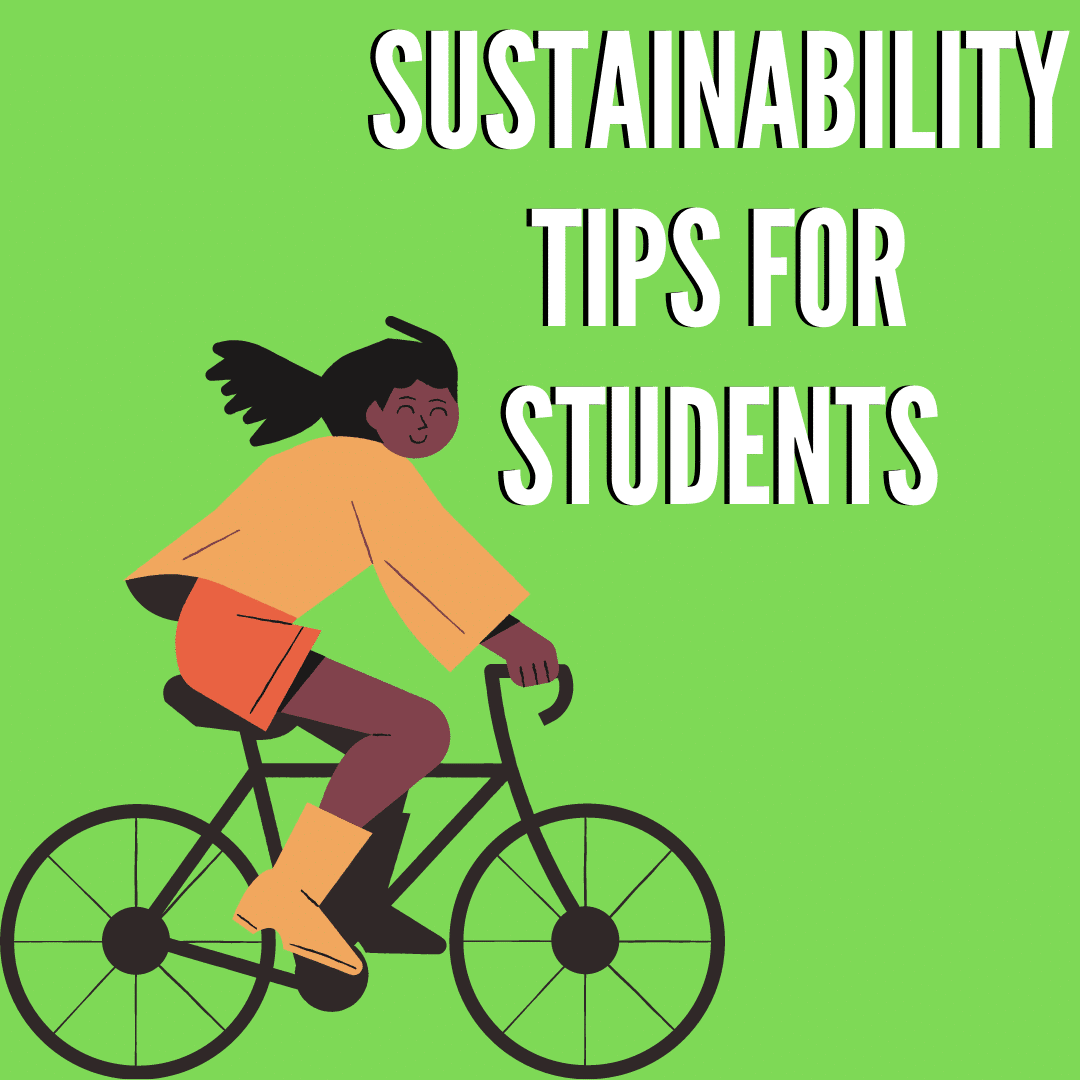By Catherine Brown–
With the last week of October being sustainability week at the University of Louisville, several organizations around the university and around Louisville want students to get involved in sustainable practices. Students should be mindful of poor sustainability habits seen around campus and think about what they will do to change.
First of all, transportation is both a literal and metaphorical headache for anyone traveling through campus. According to the U.S. Environmental Protection Agency (EPA), the average annual CO2 emissions of a single passenger vehicle (think cars) is 4.6 metric tons. Every day, hundreds of cars drive and park around campus. By decreasing the number of cars on the road, we can conserve fossil fuels and keep the air around campus cleaner.
Carbon Dioxide is the byproduct of normal human respiration. But exposure to high amounts of CO2 (like those emitted from vehicles) is harmful and can cause health problems such as headaches, dizziness, and respiratory difficulties.
Justin Mog, Assistant to the Provost for Sustainability Initiatives at U of L, said that “College is the perfect time to go car-free because you can live on campus or close enough that you can walk, bike, or skate everywhere.”
And if you need to go further for work, shopping, or fun, you can hop on our local transit system for FREE (just swipe your U of L ID as you board any TARC bus), or find a carpool with other U of L students through Cardinal Directions at directions.louisville.edu (it shows all your options and relative carbon and financial savings on one map!),” said Mog.
There are plenty of local services that are within reach of the Belknap and Health Sciences Campuses. As Mog said, U of L student I.D. cards allow students access to any TARC line in the city. This is an easy and free alternative to driving.
And the Student Recreation Center also offers a free bike share program that allows students to rent out bikes for the day and return them when finished.
Another problematic area impacting sustainability?
The food industry.
According to the U.S. Department of Agriculture, food waste makes up 30-40% of the national food supply. This includes products deemed too blemished to be sold, over-ordered food, and food not properly stored. This food is then thrown away, never to be eaten again. This is especially problematic because there are thousands of people in the country experiencing food insecurity.
But the problem also lies within the food industry. Not everyone is interested in taking meat out of their diet, but Mog encourages students to do so anyway.
“College is a great time to explore shifting toward a more plant-based diet and it is vital for your personal health that you do so in a way that doesn’t just replace one unhealthy meat-based diet with another unhealthy plant-based one – i.e. don’t just shift from eating lots of pepperoni pizza to mushroom pizza or lots of beef burgers to vegi-burgers,” said Mog.
“But, in addition to eating a more plant-based diet, we should also strive to eat more locally-produced, organic, fair trade, and zero waste foods. Do you know where on campus you can always reliably get a zero-waste meal with 30% locally-sourced ingredients, fair-trade teas, and a dedicated vegetarian/vegan option? The Ville Grill. It’s the most sustainable place to eat on campus!”
Along with transportation and food, U of L students can do better to improve the health of the campus community by not littering, recycling paper and plastic, and composting whenever possible.
Graphic by Eli Hughes//The Louisville Cardinal






